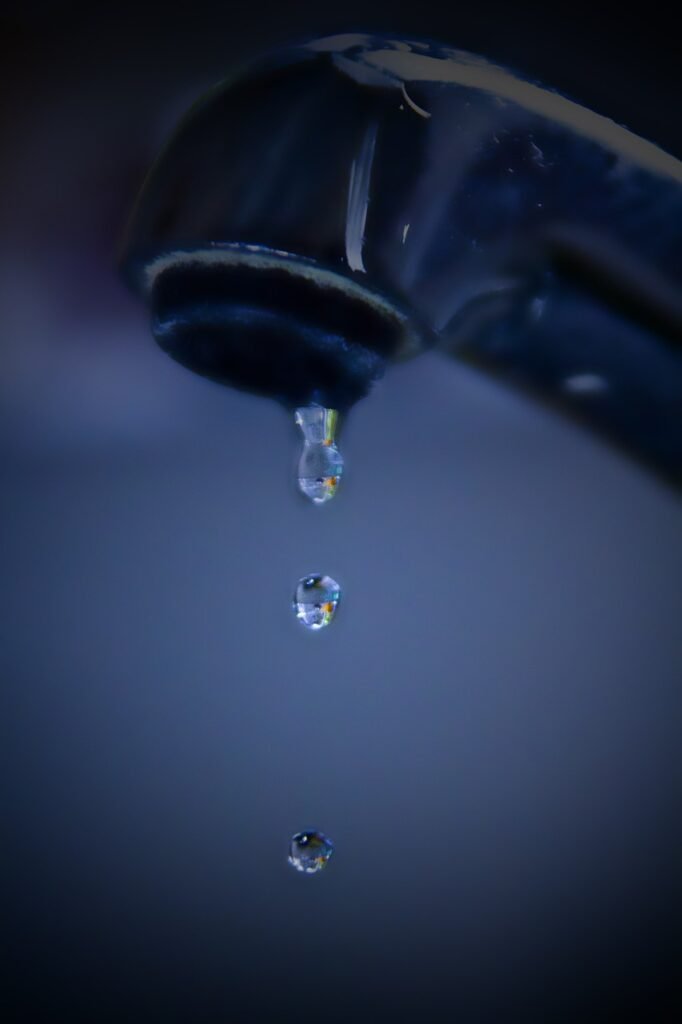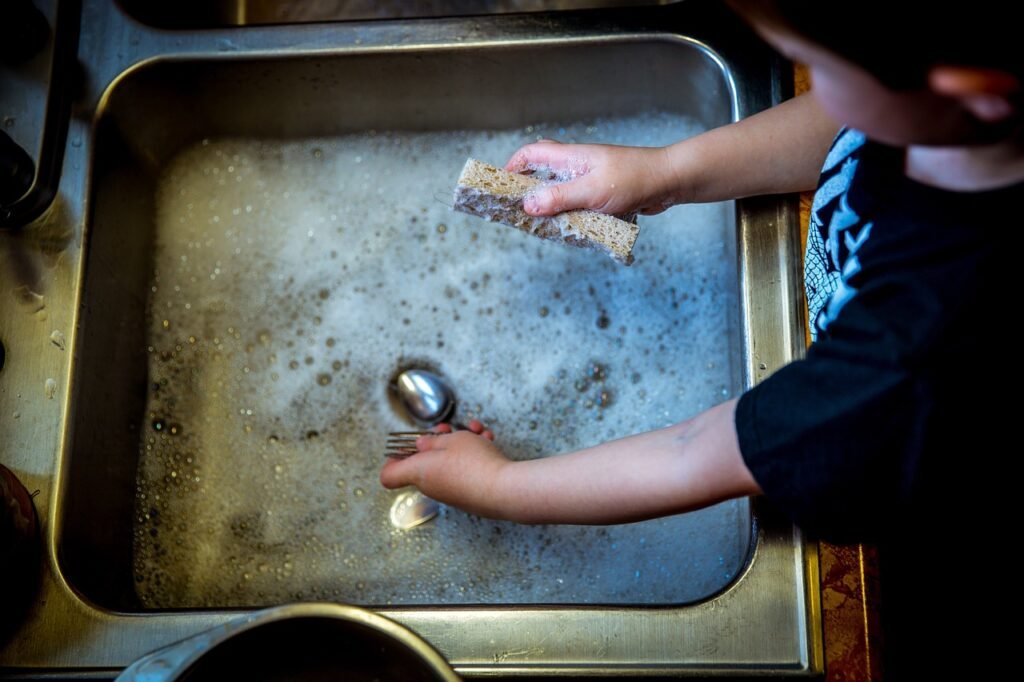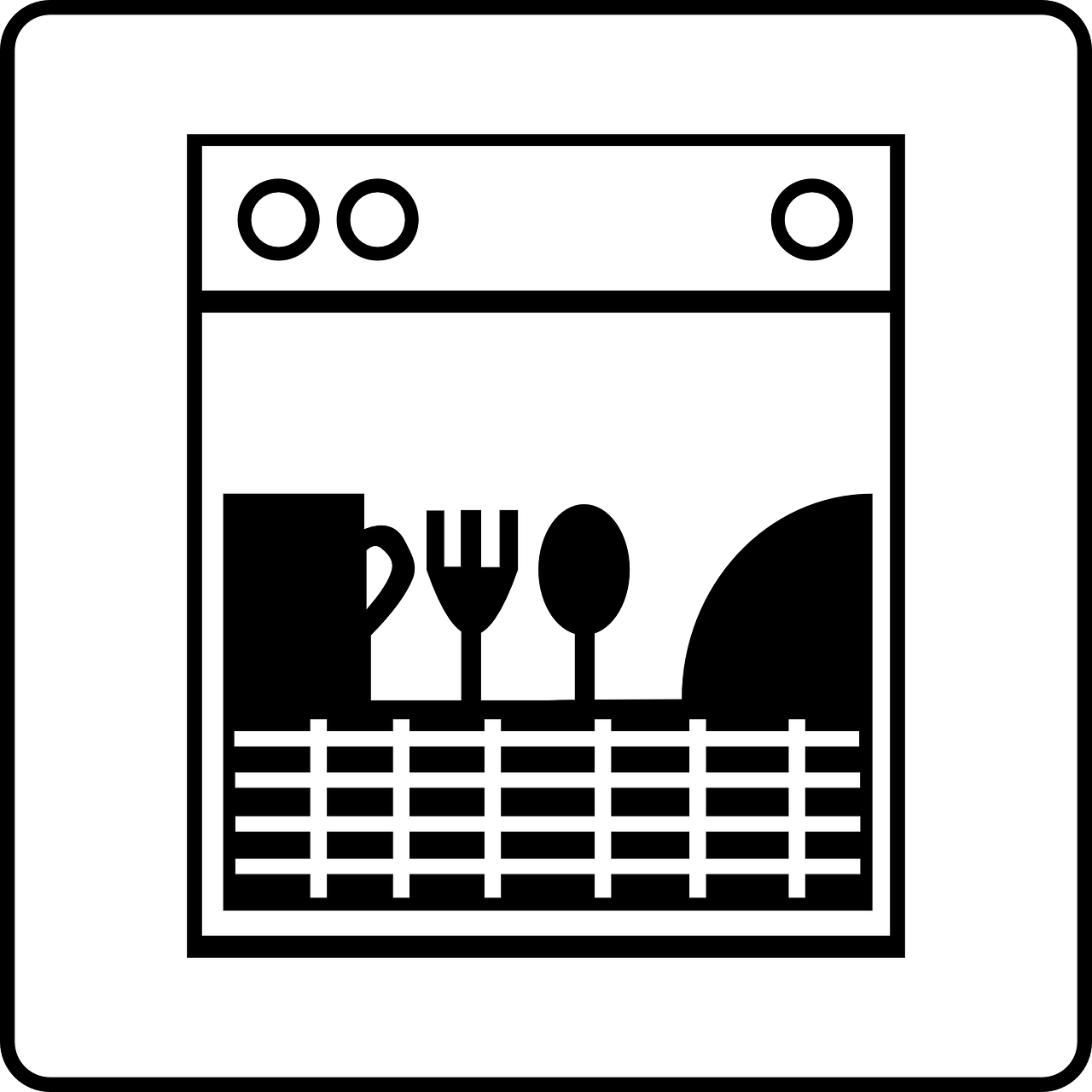Have you ever wondered if it’s safe to wash your vegetables in the dishwasher? Well, the answer might surprise you! While it may seem like an unconventional idea, some people have started to explore this possibility. In this article, we will explore whether washing vegetables in the dishwasher is a good idea or not. So, buckle up and get ready to find out if this kitchen hack is worth trying!
Can I Wash Vegetables in Dishwasher?
Understanding the Potential Risks
You may be wondering if it is safe to wash your vegetables in the dishwasher. While it may seem like a convenient option, there are potential risks involved. One of the main concerns is the exposure of your vegetables to high temperatures during the dishwasher’s cleaning process. This heat can cause the vegetables to lose some of their nutritional value and even affect their flavor and texture. Additionally, there is a possibility of cross-contamination if the dishwasher is not thoroughly cleaned after washing dishes that may have come into contact with raw meat or other contaminants.
The Dishwasher’s Cleaning Process
To better understand the potential risks, it is important to delve into the dishwasher’s cleaning process. Dishwashers typically use hot water and detergent to remove dirt, debris, and bacteria from dishes. The water in a dishwasher can reach high temperatures, often exceeding 150°F (65°C). While this heat is effective in sanitizing dishes, it can be damaging to delicate vegetables.

Effectiveness in Removing Pesticides
An important factor to consider when deciding to wash vegetables in the dishwasher is the effectiveness in removing pesticides. Most dishwashers do not use specialized detergents or enzymes specifically designed to break down pesticide residues. While the hot water may help remove some surface dirt, it is unlikely to eliminate all traces of pesticides. Therefore, if you are concerned about pesticide residues on your vegetables, it is recommended to rely on other methods such as using a vinegar solution or vegetable wash specifically designed for pesticide removal.
Possible Effects on Nutritional Value
High temperatures can have a negative impact on the nutritional value of vegetables. Heat-sensitive vitamins, such as vitamin C and some B vitamins, can be easily destroyed when exposed to high temperatures. Additionally, certain antioxidants, which are important for overall health, can also be affected by heat. While cooking vegetables is a common practice that can lead to some nutrient loss, purposefully subjecting vegetables to the high temperatures of a dishwasher may further contribute to this loss. To retain the maximum nutritional value of your vegetables, it is recommended to opt for gentler cleaning methods like rinsing under cool running water.

Impact on Flavor and Texture
In addition to the potential loss of nutrients, washing vegetables in a dishwasher may also affect their flavor and texture. The high heat of the dishwasher can cause vegetables to become mushy or overly soft. This change in texture may not be desirable, especially for vegetables that are typically eaten crisp, such as lettuce or cucumbers. Furthermore, the heat can alter the flavor of vegetables, potentially making them taste less fresh or even unpleasant. If preserving the natural flavor and texture of your vegetables is important to you, it is advisable to avoid washing them in the dishwasher.
Types of Vegetables Suitable for Dishwasher Cleaning
Despite the potential risks, there are certain types of vegetables that may withstand the dishwashing process better than others. Root vegetables like potatoes, carrots, and beets are generally more resilient and less affected by high temperatures. These vegetables have thicker skins that can protect them to some extent. However, it is still recommended to thoroughly clean them under cool running water before placing them in the dishwasher to remove any visible dirt or debris.

Recommendation: Vegetables to Avoid Cleaning in the Dishwasher
While some vegetables may tolerate the dishwasher cleaning process, there are certain vegetables that are best avoided altogether. Leafy greens, delicate herbs, and tender vegetables like spinach, kale, basil, and tomatoes are particularly vulnerable to the high temperatures and water pressure in a dishwasher. Washing these vegetables in a dishwasher may result in wilted leaves, loss of flavor, and a generally unappetizing texture. It is always best to wash these vegetables by hand under cool running water or use other specialized cleaning methods if necessary.
Proper Preparation for Dishwasher Cleaning
If you have decided to wash certain vegetables in the dishwasher, there are a few important steps to follow for proper preparation. Firstly, it is crucial to remove any excess dirt or debris from the vegetables by rinsing them under cool running water. This initial step will help prevent the dishwasher from getting clogged with dirt particles. Additionally, trimming off any damaged or bruised parts of the vegetables is also recommended to avoid contaminating other dishes or compromising the cleaning process.
Steps to Clean Vegetables in the Dishwasher
Once the vegetables are properly prepared, you can proceed with cleaning them in the dishwasher. It is advisable to place them in a dishwasher-safe container or mesh bag to prevent them from getting lost or damaged during the wash cycle. Avoid overcrowding the container or bag, as this may hinder the effectiveness of the cleaning process. Select a gentle or delicate wash cycle and avoid using any harsh dishwashing detergents. It is crucial to thoroughly clean the dishwasher afterward to prevent cross-contamination and remove any potential residue.
Additional Considerations
While the dishwasher may not be the ideal method for washing vegetables, there are other considerations to keep in mind. If you choose to wash your vegetables in the dishwasher, it is important to prioritize food safety and sanitation. Make sure your dishwasher is cleaned regularly and free from any soap residue or contamination. Additionally, always handle your vegetables with clean hands and ensure that any cutting boards or utensils used during preparation are properly sanitized. Good hygiene practices and proper handling can go a long way in preventing foodborne illnesses.
In conclusion, while the dishwasher may offer convenience, it is not recommended to wash vegetables in it due to the potential risks involved. The heat, water pressure, and detergent used in the dishwasher may lead to nutrient loss, impact flavor and texture, and fail to adequately remove pesticide residues. It is best to rely on proper washing techniques, such as rinsing under cool running water, to ensure the cleanliness and safety of your vegetables. Ultimately, prioritizing food safety and adopting appropriate cleaning methods will help you enjoy fresh and nutritious vegetables.

